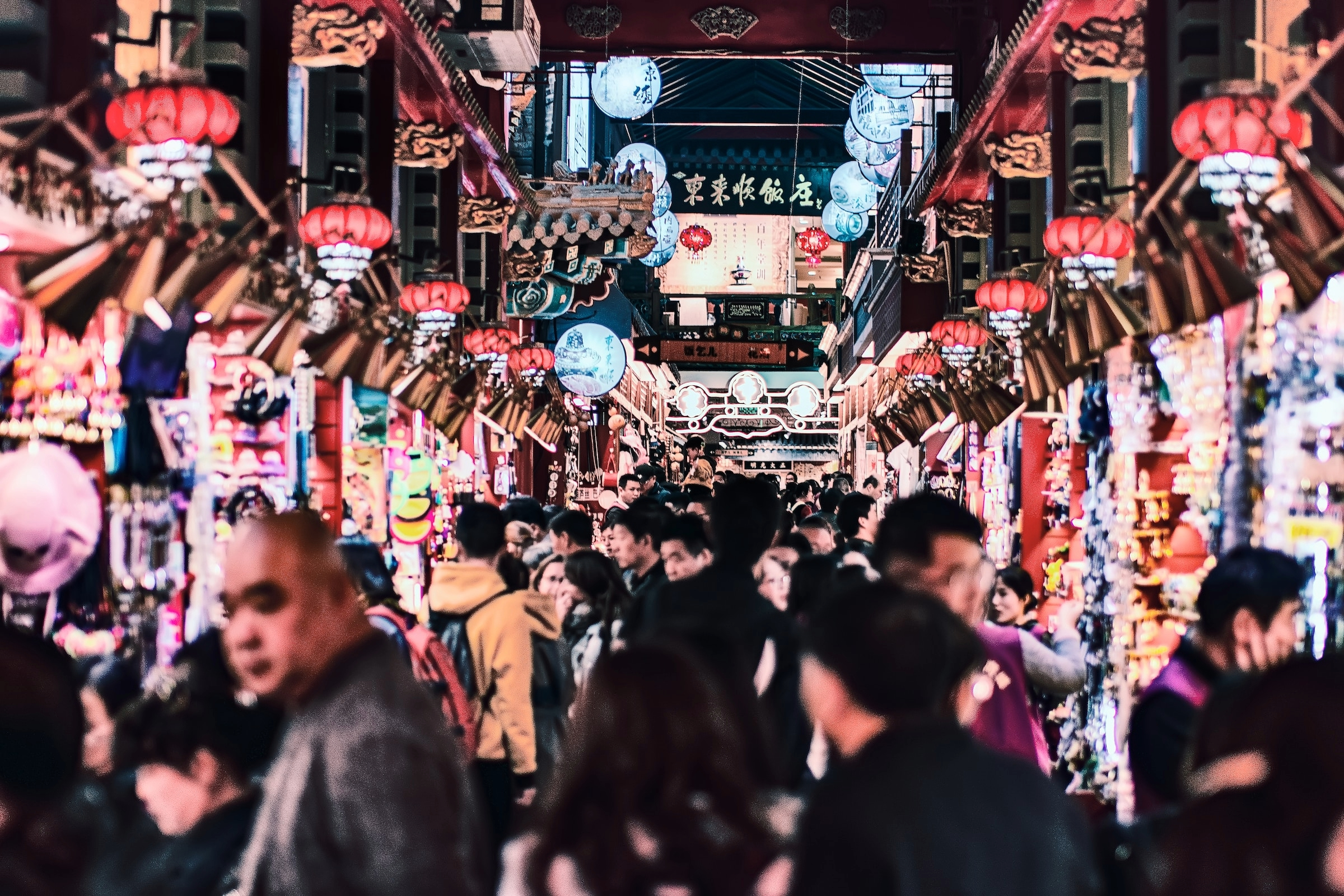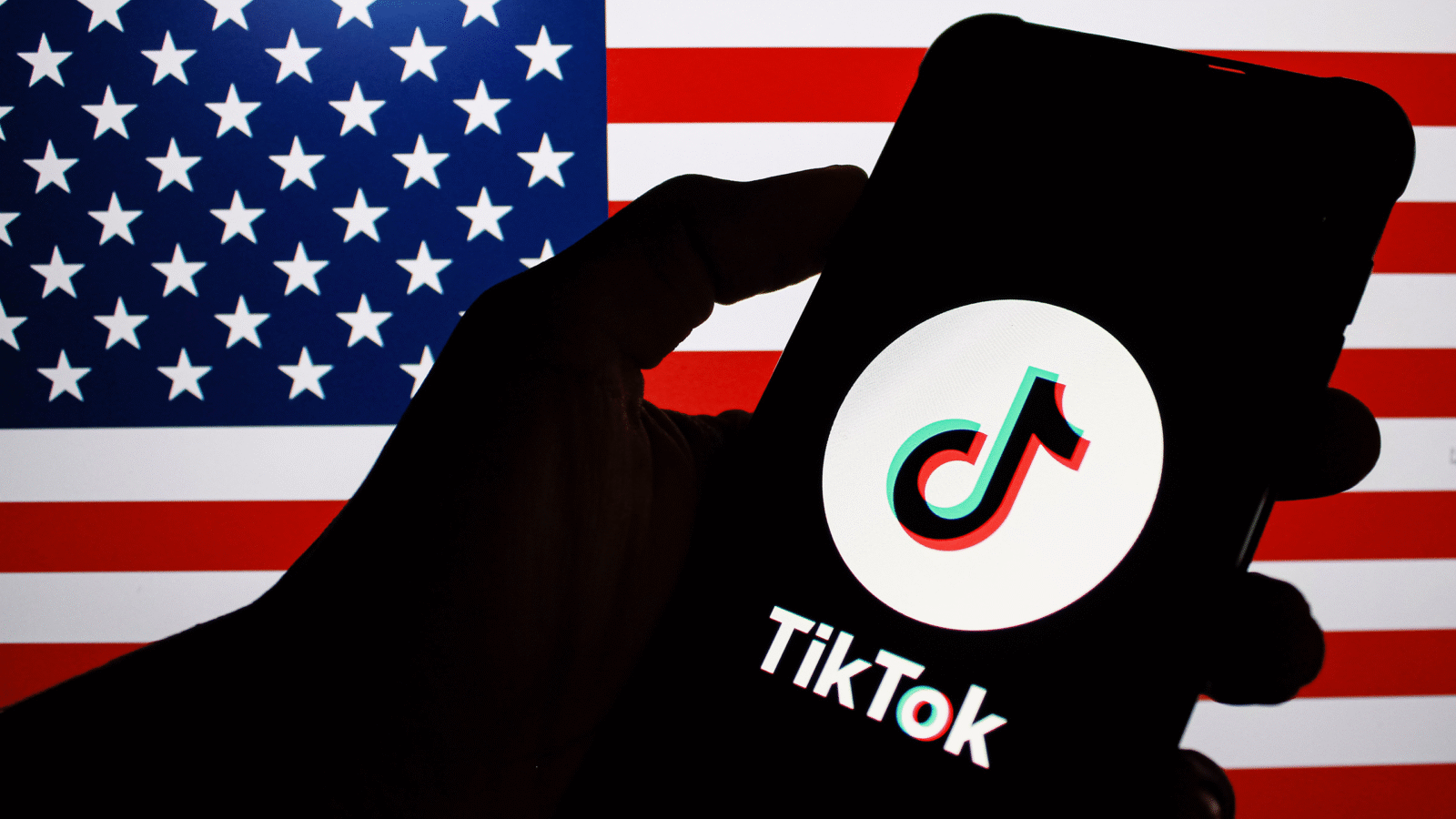Chinese Consumers Are Pulling Back on Big Western Brands
From cosmetics to apparel to tech, Western brands are seeing revenues dip in China as consumers navigate a struggling post-pandemic economy.

Sign up for smart news, insights, and analysis on the biggest financial stories of the day.
The world’s second-largest economy has a cold and foreign brands are starting to sniffle.
From cosmetics to apparel to tech, Western brands are seeing revenues dip in China as consumers navigate a struggling post-pandemic economy, The Wall Street Journal reported.
Just Too Expensive
The US and Europe started taking steps to reinvigorate their economies by the spring of 2021, but China held on to some of its most restrictive zero-covid policies up until the start of 2023. Recovery has come in chaotic waves: While domestic tourism has returned to pre-pandemic levels and economic growth is beating expectations, the nation is still held down by high youth unemployment, a dismal property market, and international investor pullback.
As a result, Chinese consumers have started cutting down their spending. Instead of high-end products from Western companies like Apple, Estée Lauder, and Canada Goose, many are shopping locally or just sitting tight until their wallets get a little fatter:
- Last Wednesday, Estée Lauder’s share price plummeted after the beauty company behind names like Tom Ford and Origins cut its forecast due to China’s struggling economy. It also could take an $80 million earnings hit as a result of the Israel-Hamas conflict.
- Winter apparel company Canada Goose also cut its annual sales forecast for 2024 and saw its stock drop about 10% last week. CFO Jonathan Sinclair told investors “When it comes to China, we’re seeing an environment which is still somewhat challenged in terms of the economic impact on the Chinese consumer.”
Worm in the Apple: Much like Western brands Nike and McDonald’s, Apple has historically maintained a solid relationship with China, but it’s beginning to sour. Not only did its fourth-quarter sales in China drop 2.5% from the previous quarter, but Beijing has launched a probe into Foxconn, the Taiwanese company that makes Apple’s products in China. Bloomberg reported that regulators are conducting tax audits and reviewing Foxconn’s land usage, causing investors to worry about Apple’s future in China, which accounts for a fifth of the company’s global sales. India is probably looking more promising to Tim Cook every day.











